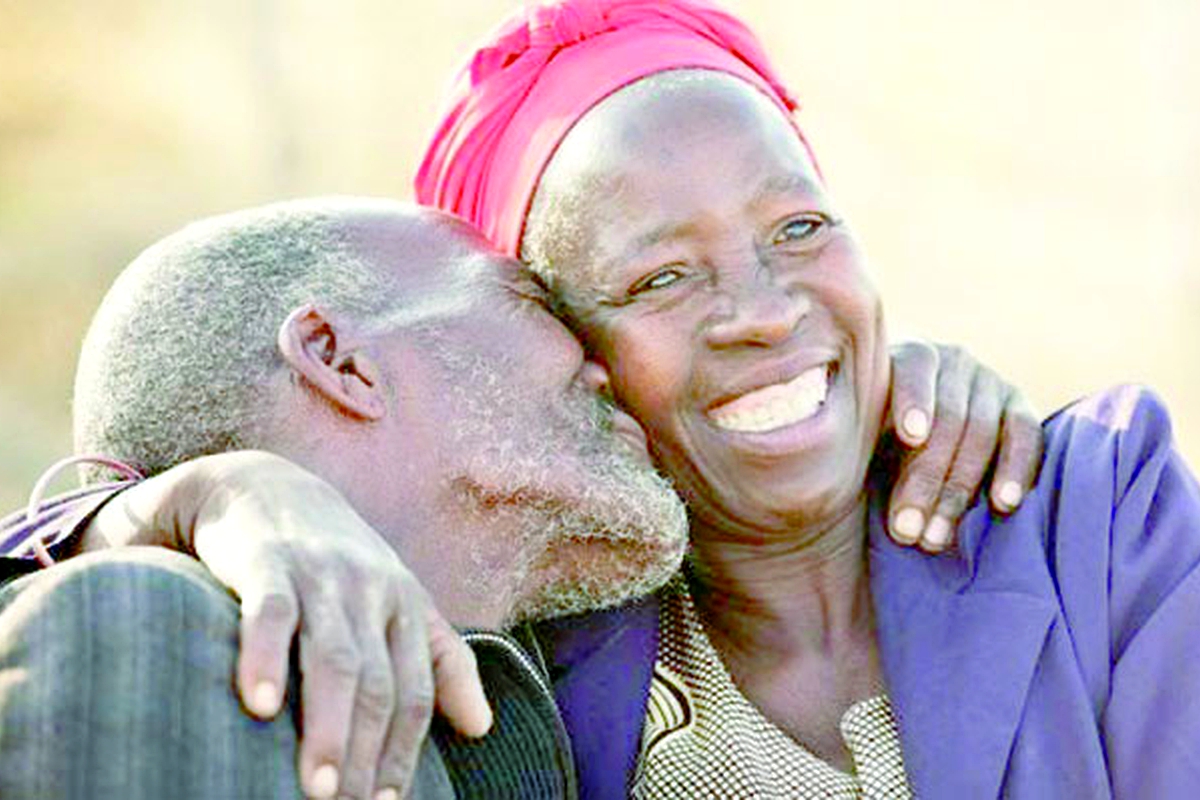The Mphatlalatsane project in Lesotho is integrating HIV testing into a package of interventions for caregivers of children aged 1–5 years old in rural areas. This ongoing study is delivering group sessions on child development, nutrition, hygiene, HIV, and child literacy. It is hoped that participation in the program will increase rates of HIV testing and treatment, as well as improve child growth and cognitive and language development. The theme of World AIDS Day 2018 is “know your status.” To mark the occasion, we at International Standard Randomised Controlled Trials Number (ISRCTN) have compiled some of the most exciting clinical trials aiming to improve HIV testing rates.
health
Dec. 6, 2018
Deborah Kendall
4 min read
Know your status

ISRCTN is a registry and curated database containing the basic set of data items deemed essential to describe a study at inception, as per the requirements set out by the World Health Organisation (WHO) International Clinical Trials Registry Platform (ICTRP) and the International Committee of Medical Journal Editors (ICMJE) guidelines.
HIV (human immunodeficiency virus) is a virus transmitted through blood, semen, and breast milk which destroys infected white blood cells and weakens a person’s immune system. Left untreated, a HIV infection can develop into AIDS (acquired immunodeficiency syndrome) and a person can become vulnerable to severe illnesses like tuberculosis and pneumonia.
Currently, 36.9 million people worldwide are living with HIV but 40% of them are unaware of their HIV status. In honour of World AIDS DAY on December 1, the ISRCTN team discusses clinical trials trying to help more people know their status.
Word of mouth
A recent trial in Uganda used peer recommendations to increase HIV testing rates by training fishermen how to use HIV self-testing kits and encourage other men to self-test. Of those approached by the fishermen, 82% agreed to self-test and 87.6% of those who agreed used the kits immediately.
A similar trial in Malawi is using women attending antenatal clinics to encourage men to test for HIV. While the full trial is ongoing, participants in preliminary interviews were accepting of using women to deliver self-testing kits to their partners. Participants thought this would provide men with privacy and confidentiality, would not require them to miss work, and would allow men to be the first to know their HIV status.
Peer networks are a promising way to improve HIV testing rates - but what role can digital networks play in helping people know their status?
Online outreach
Enjoy our daily newsletter from today
Access exclusive newsletters, along with previews of new media releases.
An ongoing study in England and Wales is using social networking websites and mobile phone apps to promote self-testing among men who have sex with men (MSM). SELPHI is studying whether offering free self-testing kits to participants increases HIV testing rates with some men being offered delivery of a self-test kit every three months to encourage regular testing. It is hoped that offering free HIV self-testing kits online will increase rates of confirmed HIV diagnosis and access to treatment.
Another study with MSM is trying to improve HIV testing rates and condom usage with HIV-prevention videos. The HeHe Talks study in Hong Kong is testing whether presenting information in a story, rather than a teaching, format using first-hand stories will be more effective at reducing HIV-risk behaviours and promoting HIV testing.
50% of participants with access to a postal STI kit (which test for HIV) took an STI test compared with 26.6% of participants given details of in-person testing.
The type of website service used to encourage sexually transmitted infection (STI) testing was recently tested in a study of two London boroughs. Participants aged 16–30 were given access to websites which either offered postal STI kits or detailed local sexual health clinics offering in-person STI testing. Within 6 weeks, 50% of participants with access to a postal STI kit took an STI test compared with 26.6% of participants given details of in-person testing.
The internet is a convenient way to encourage and facilitate HIV testing, however integrating HIV testing into community services can be a useful way to reach people who may not have internet access.
Package deals
A study in Derbyshire integrated HIV testing into a substance misuse service to study whether HIV testing methods affect testing rates. Young people attending the service were offered an oral swab test for HIV within the service or a blood test at a sexual health clinic.
Whereas all participants offered an oral swab took the test, only 18.5% of participants who were offered the blood test took it.
To ensure more people know their HIV status, the importance of testing, prevention, and treatment must be more widely known and taking the test needs to be easy, convenient, and private.
Thirty-five million people are thought to have died of HIV/AIDS since the beginning of the epidemic and the loss of earnings globally due to AIDS in 2020 is projected to be $7.2 billion. Knowing your status is the first step towards receiving treatment and eventual viral suppression.You now know what researchers are doing to help other people know their HIV status. Why not find out your own?
Tailored for you






